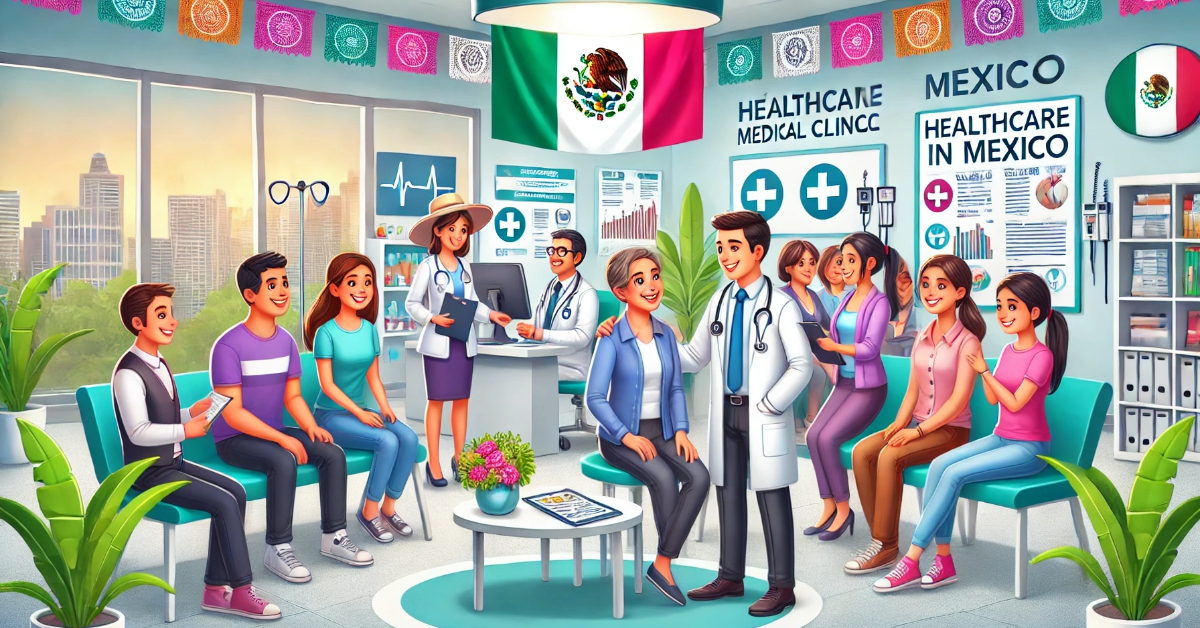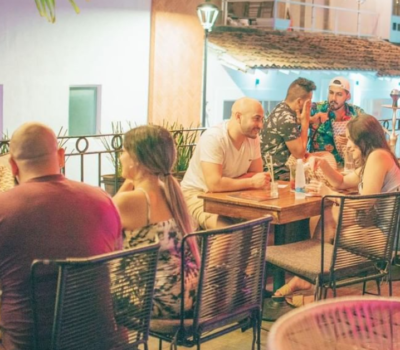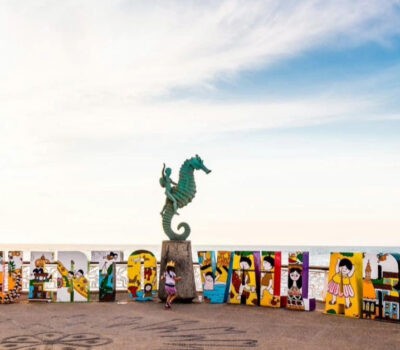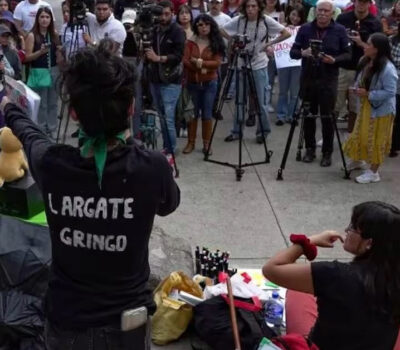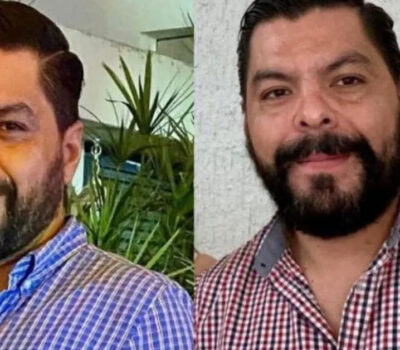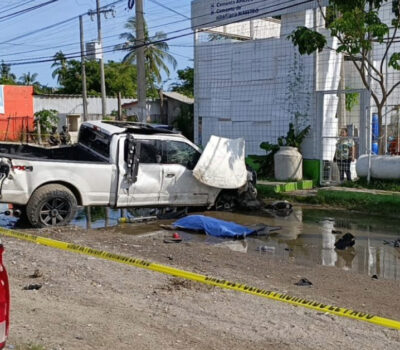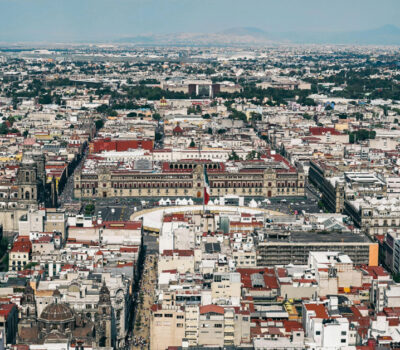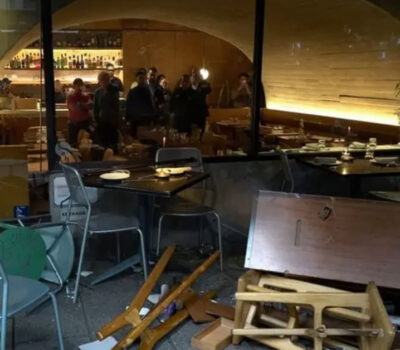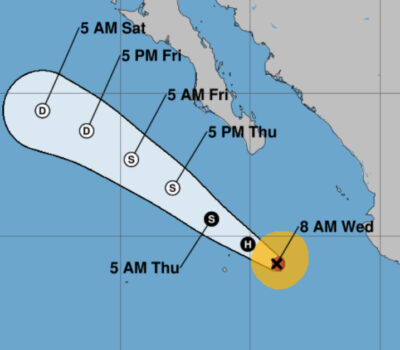Moving to a new country can be an exciting adventure filled with new experiences, cultures, and challenges. One of the most important aspects to consider when relocating is healthcare. For expats in Mexico, understanding the healthcare system is crucial to ensure you and your family receive the best possible care. This comprehensive guide aims to provide an overview of the healthcare system in Mexico, including public and private healthcare options, health insurance, costs, and tips for accessing quality care.
The Healthcare System in Mexico
Mexico boasts a robust healthcare system that includes both public and private sectors, offering a range of services from basic care to advanced medical treatments. The system is known for its affordability and accessibility, attracting not only locals but also medical tourists from around the world.
Public Healthcare
The public healthcare system in Mexico is primarily managed by the government and includes two main entities: the Instituto Mexicano del Seguro Social (IMSS) and the Seguro Popular, although Seguro Popular saw a wave of changes by the President of Mexico between 2018 and 2024.
- IMSS (Instituto Mexicano del Seguro Social): IMSS is a social security program that provides healthcare services to employees and their families. Employers and employees contribute to the system, which covers a wide range of medical services, including doctor visits, hospital stays, and prescription medications. Expats working for Mexican companies can often enroll in IMSS through their employment.
- INSABI (Instituto de Salud para el Bienestar): Replacing Seguro Popular in 2020, INSABI is a public health program aimed at providing medical care to those without formal employment or private health insurance. It covers a basic level of healthcare services, including general consultations and emergency care.
Private Healthcare
The private healthcare sector in Mexico is well-developed and known for its high quality of care, modern facilities, and shorter waiting times compared to the public sector. Private healthcare services are available to those who can afford them or have private health insurance. Many expats opt for private healthcare due to its convenience and comprehensive coverage.
Health Insurance in Mexico
Health insurance is a critical consideration for expats living in Mexico. There are several options available, ranging from public health insurance to private plans.
Public Health Insurance
Expats working in Mexico may be eligible for IMSS, which provides comprehensive healthcare coverage. However, it’s important to note that the public system can sometimes experience long wait times and limited availability of specialized treatments.
Private Health Insurance
Many expats prefer private health insurance due to the superior quality and accessibility of care in the private sector. Private health insurance plans in Mexico can vary widely in terms of coverage and cost. Some popular private health insurance providers for expats include AXA, MetLife, and Bupa.
When choosing a private health insurance plan, consider the following:
- Coverage: Ensure the plan covers the medical services you need, including emergency care, hospital stays, and specialist consultations.
- Network: Check if your preferred doctors and hospitals are included in the insurance provider’s network.
- Cost: Compare premiums, deductibles, and co-pays to find a plan that fits your budget.
Costs of Healthcare in Mexico
One of the major advantages of living in Mexico is the affordability of healthcare services. Both public and private healthcare costs are generally lower compared to those in the United States and many European countries.
Public Healthcare Costs
Public healthcare services under IMSS and INSABI are either free or come at a very low cost. However, patients may experience longer wait times and limited access to certain treatments.
Private Healthcare Costs
Private healthcare costs in Mexico can vary depending on the provider and the type of service. For example:
- Doctor Visits: A general consultation with a private doctor can range from $30 to $50 USD.
- Specialist Consultations: Seeing a specialist might cost between $50 and $100 USD.
- Hospital Stays: A night in a private hospital can range from $100 to $300 USD, excluding medical procedures and treatments.
While private healthcare is more expensive than public healthcare, it is still significantly more affordable than in many other countries.
Accessing Healthcare Services
Navigating the healthcare system in Mexico can be straightforward if you know where to go and what to do. Here are some tips to help you access healthcare services efficiently:
Finding a Doctor or Specialist
- Recommendations: Ask fellow expats, colleagues, or local friends for recommendations on reputable doctors and specialists.
- Online Resources: Use online directories and expat forums to find highly-rated healthcare providers.
- Insurance Networks: If you have private health insurance, check the provider’s network for recommended doctors and hospitals.
Making Appointments
- Call Ahead: Many healthcare providers in Mexico prefer appointments to be made over the phone. Ensure you have your health insurance information ready if applicable.
- Walk-Ins: Some clinics and hospitals accept walk-in patients, but it’s best to call ahead to avoid long wait times.
Language Considerations
While many doctors in Mexico speak English, especially in larger cities and tourist areas, it’s helpful to learn some basic Spanish medical terms. This can ease communication and ensure you receive the best care possible.
Emergency Services
In case of an emergency, dial 911 for immediate assistance. Most cities have modern emergency services with well-equipped ambulances and trained personnel. For less urgent needs, visit the nearest hospital or clinic.
Final Thoughts
Understanding the healthcare system in Mexico is essential for expats to ensure they receive quality care when needed. Whether you choose to rely on public healthcare services like IMSS and INSABI or opt for private health insurance, Mexico offers a wide range of medical services to meet your needs. By familiarizing yourself with the available options, costs, and processes, you can confidently navigate the healthcare system and enjoy a healthy, fulfilling life in your new home.
Stay tuned to Expats Corner for more detailed guides, tips, and personal stories about healthcare and other essential aspects of expat life in Mexico. Your health and well-being are our top priorities, and we’re here to support you every step of the way.
Moving to a new country can be an exciting adventure filled with new experiences, cultures, and challenges. One of the most important aspects to consider when relocating is healthcare. For expats in Mexico, understanding the healthcare system is crucial to ensure you and your family receive the best possible care. This comprehensive guide aims to provide an overview of the healthcare system in Mexico, including public and private healthcare options, health insurance, costs, and tips for accessing quality care.

